Welcome to issue 79 of the Call to Comms!
This month, TSF's Latin America team gives an overview of the evolution of the crisis and TSF's response; we take a look at International Literacy Day; and a TSF ICT specialist gave an interview about why communications are important in a crisis, as well as how we responded to Hurricane Beryl.
A brief guide to the migration situation in Latin America and technology’s role in the crisis
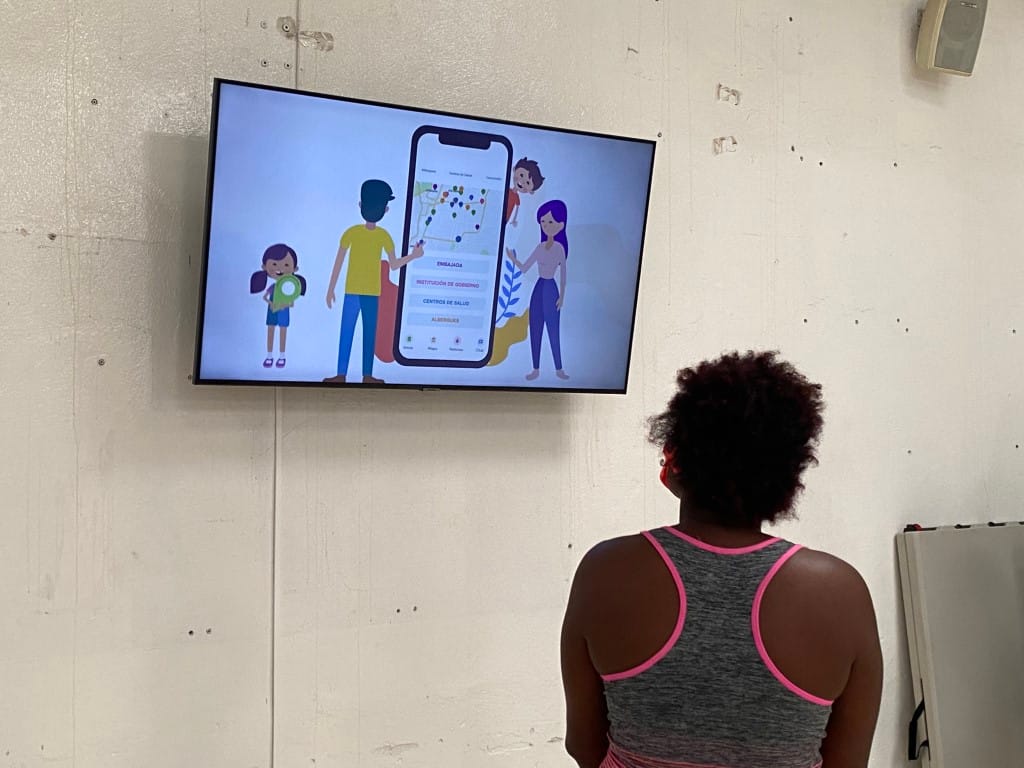
Every year in Latin America, thousands of men, women and children go through long, dangerous trails to escape poverty, violence and harsh living conditions in their home country.
In the first half of this year, the number of displaced people in Mexico reached that of the whole of 2023. Thousands of people are stranded in difficult conditions, waiting for updates on their situation.
What is the CBP One application and what are the potential impacts on displaced persons? What new ways is TSF responding to the crisis and combating misinformation? Our team in Latin America shared what you need to know about the crisis and the updates in TSF’s response – check it out here.
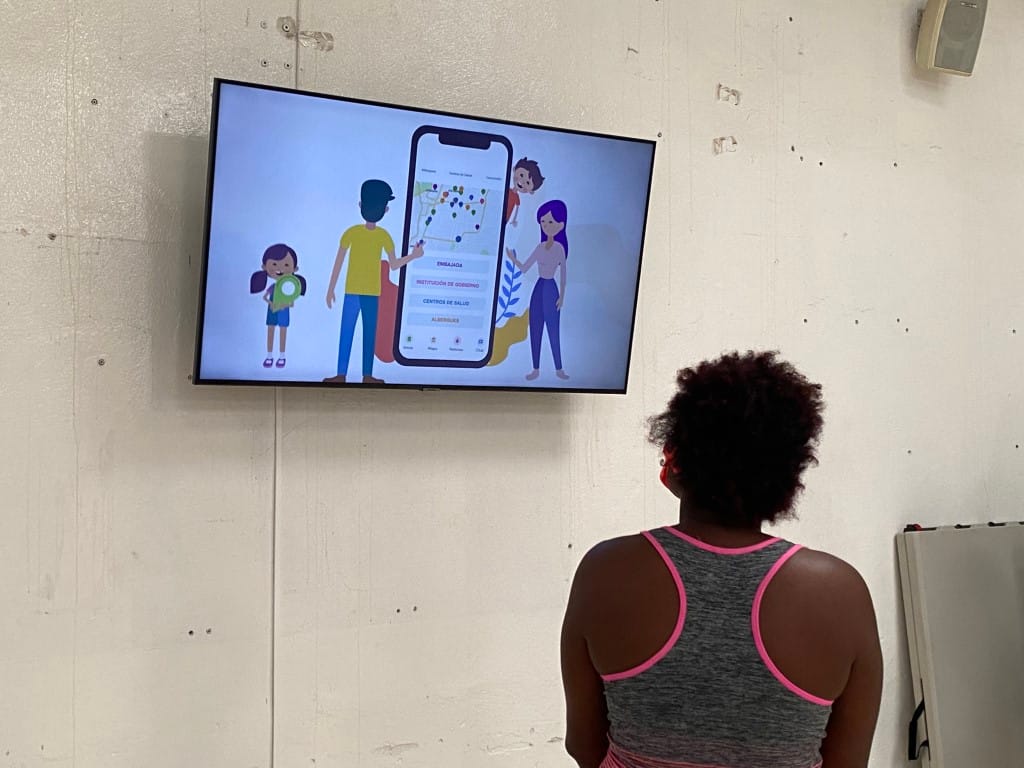
International Literacy Day
Since 1967, International Literacy Day has been held on September 9-10 to highlight the importance of literacy globally. Worldwide, at least 754 million adults lack basic literacy skills, two third of them women, who often lack access to the same learning opportunities.
This year’s theme is “Promoting multilingual education: Literacy for mutual understanding and peace”. Over 50% of the world’s population speaks more than one language, and for displaced people, speaking another language is often essential to adapt and integrate new countries.
In TSF’s Information Diffusion project in Latin America, the information is displayed in various languages, adapted to the different nationalities who find shelter in accommodation centers. The Information Diffusion project also shows educational content, as many children and young people lose access to school when they flee their homes.
Finally, digital literacy is an important element of literacy in our increasingly connected world, as it enables us to use digital tools and online platforms critically and responsibly.
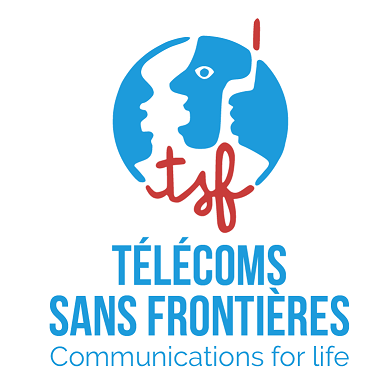
TSF ICT Specialist On Communications in a Crisis
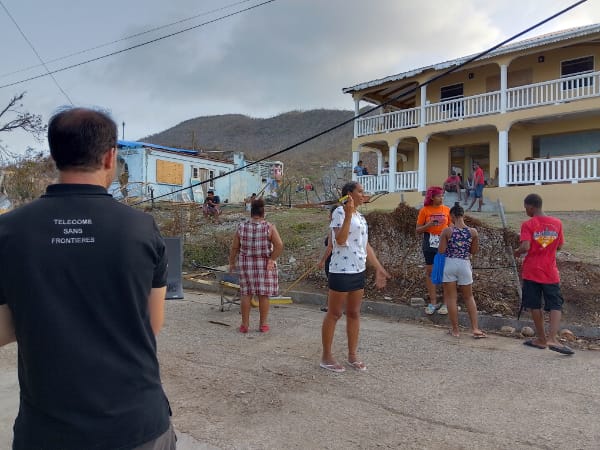
In this interview, Sébastien Gillet, a TSF ICT specialist and the Head of Mission for the recent immediate response to Hurricane Beryl, shared insights and technical analysis on communications networks and infrastructure, on finding a power supply in the aftermath of a disaster, and creating alliances with first responders ahead of disasters to improve our response.
“This mission to the Caribbean was interesting, because last year and the year before, we had a capacity building project in the same region with the Caribbean Disaster Emergency Management Agency (CDEMA). We did two training sessions there. I was a trainer so I had a lot of contacts, and it helped me a lot this time because I knew where to go and I knew who to meet. For instance, when we had to deploy, we first went to Barbados, which was the first airport in the area to reopen and resume their operations, but it is also where the CDEMA HQ is.”

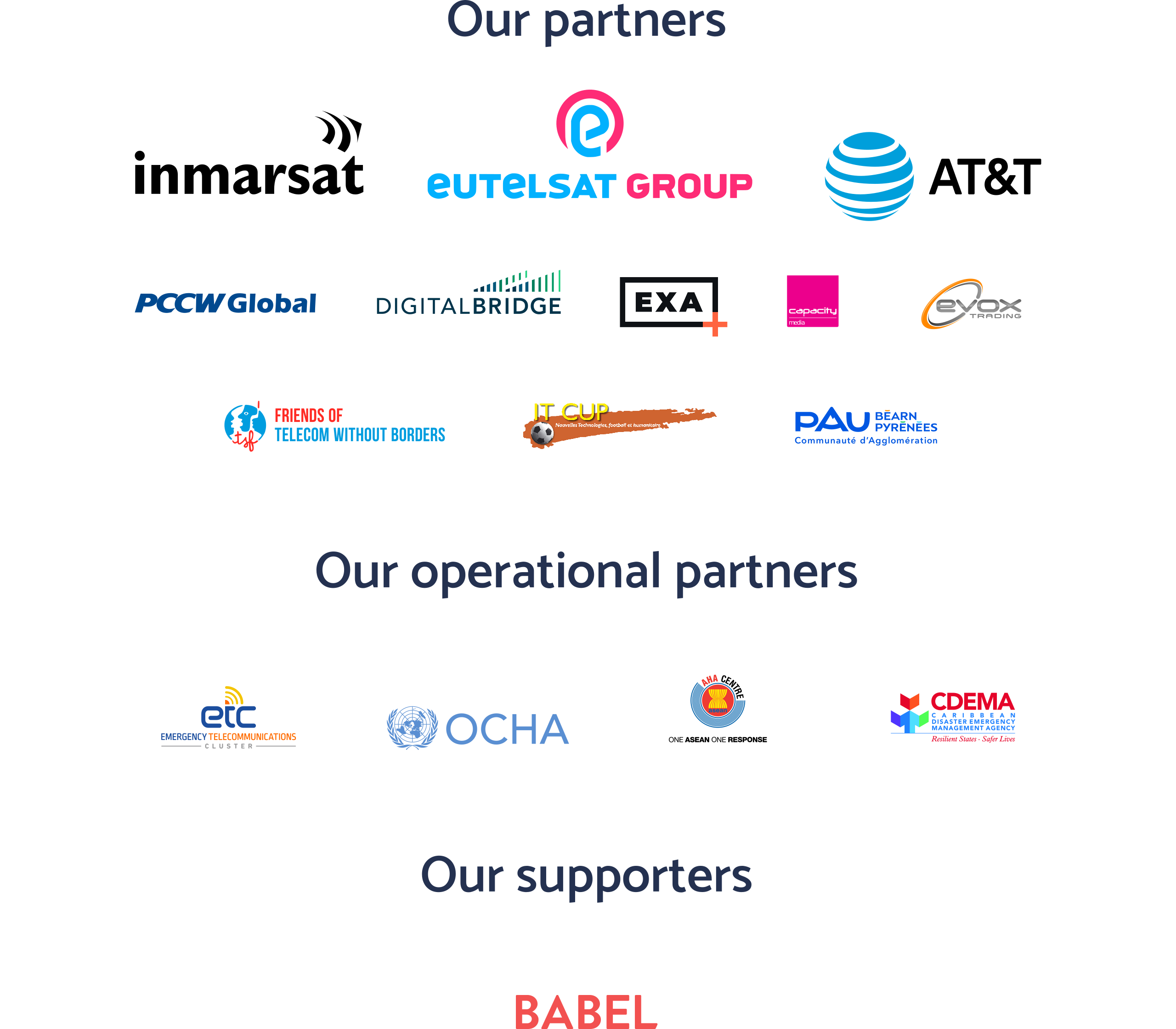


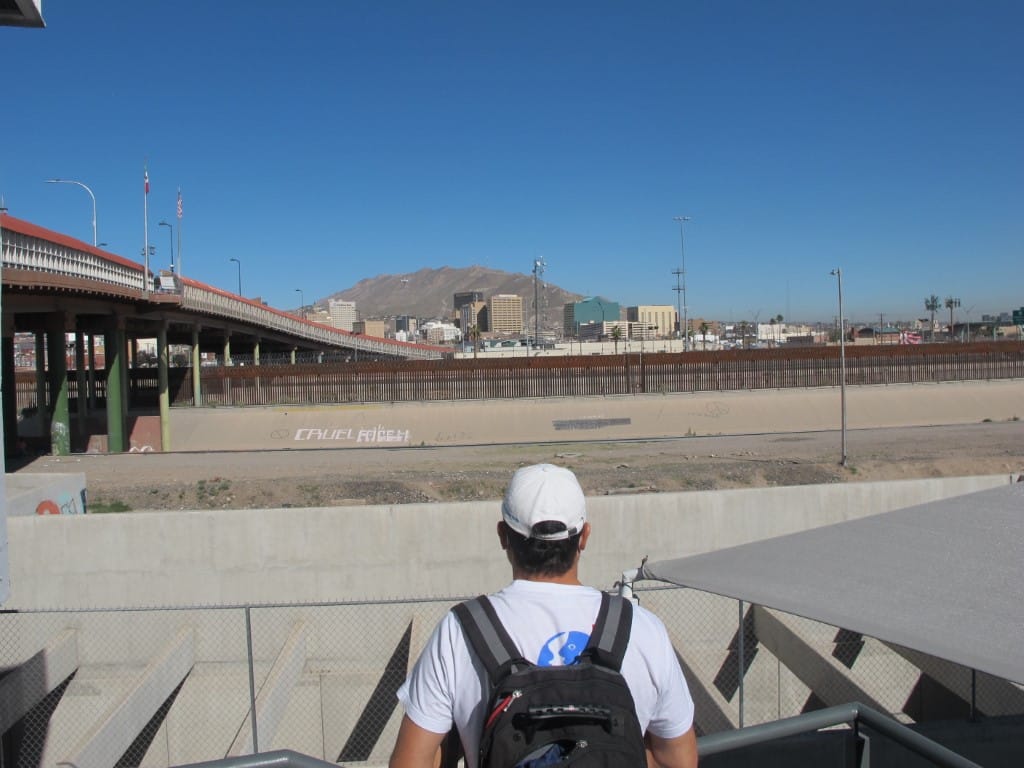






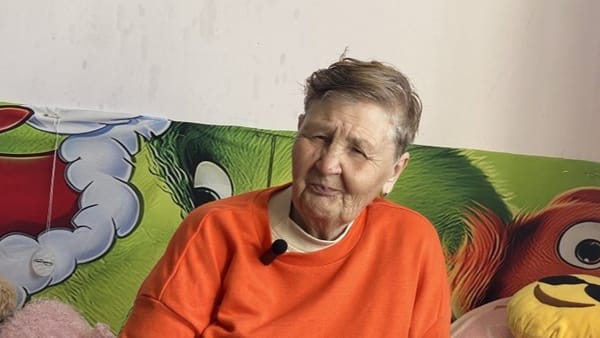
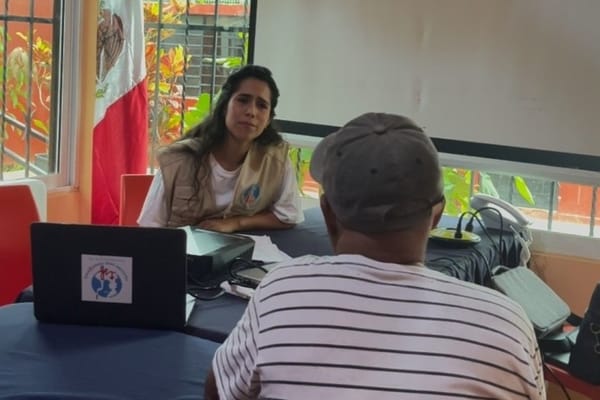

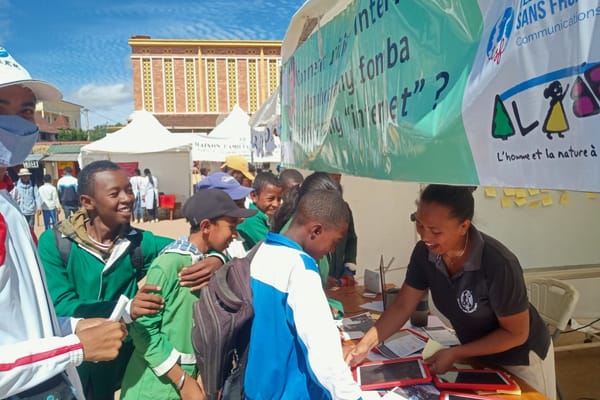
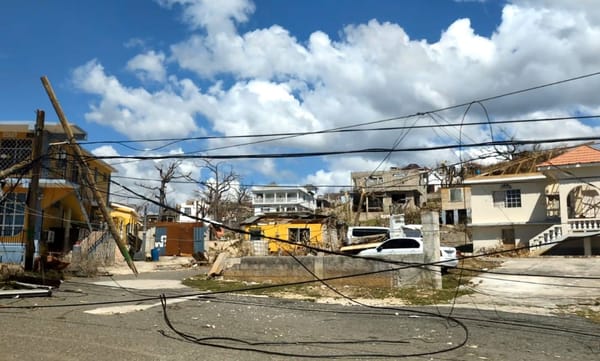
Member discussion